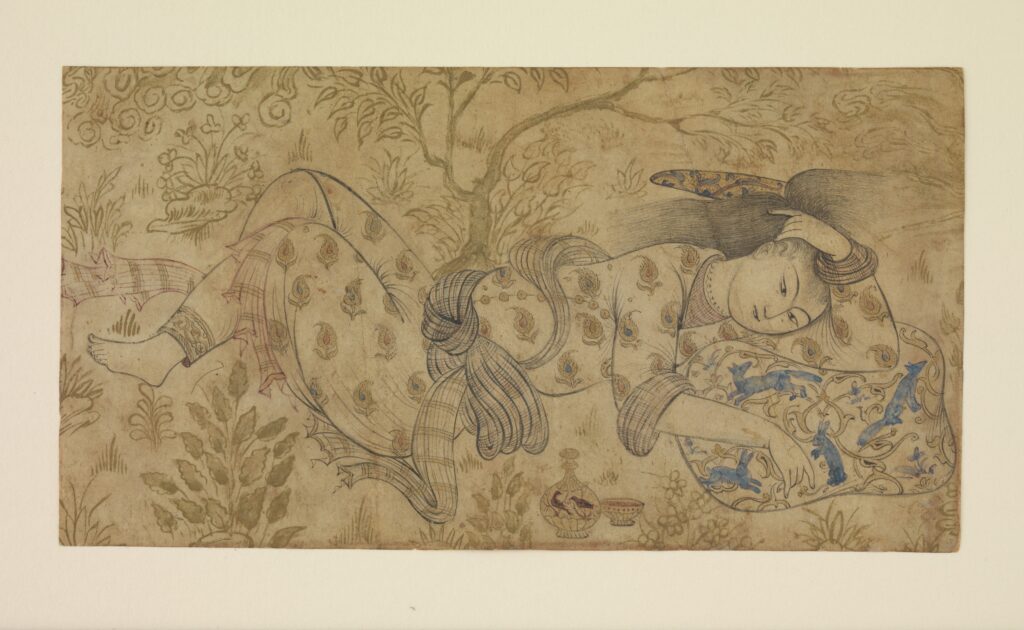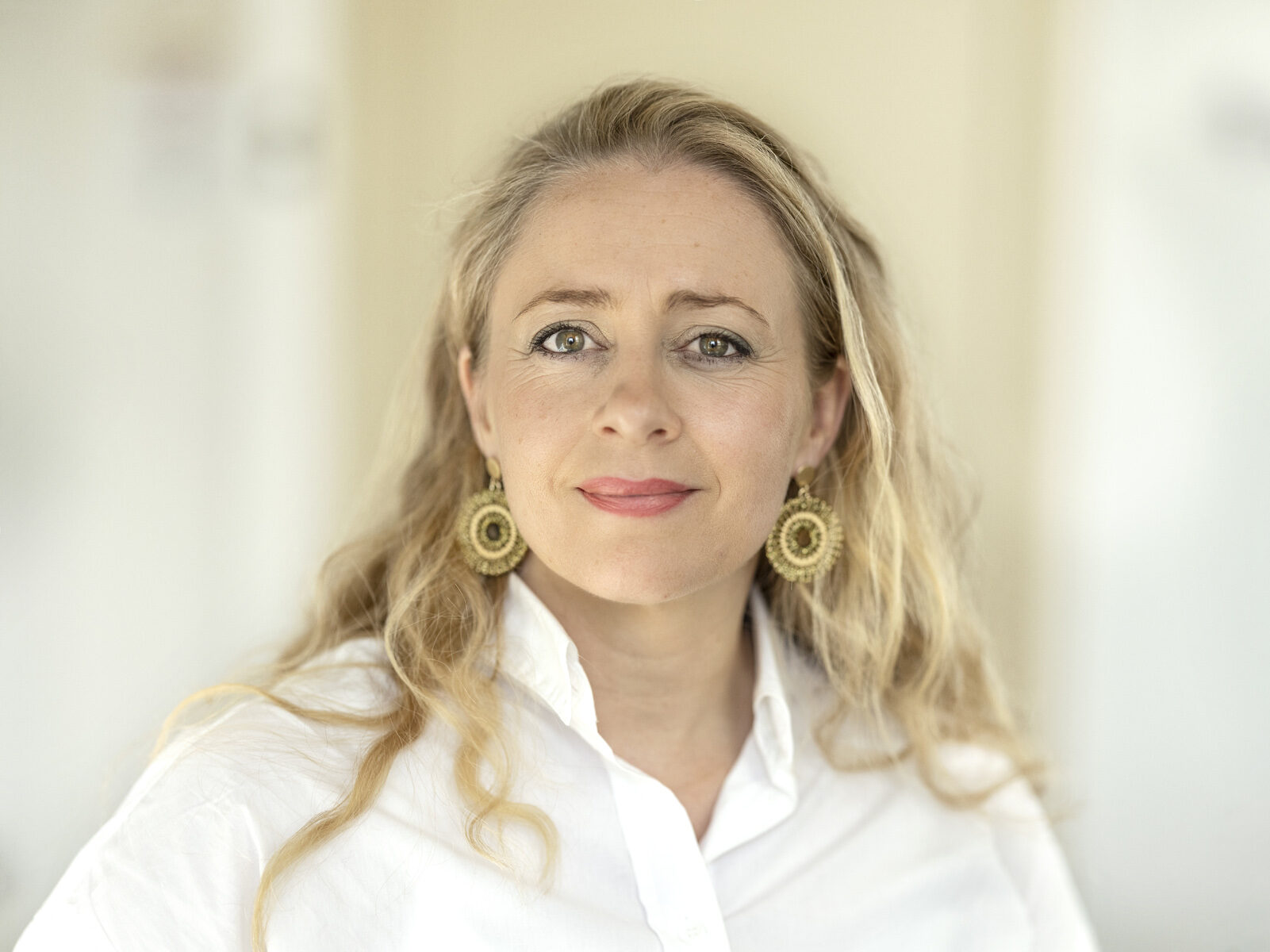On 11 and 12 April 2024, we are organising an international conference on Femininity and Masculinity at the Department of Philosophy and Religious Studies, Utrecht University, the Netherlands. The conference is part of the ERC Advanced Grant Beyond Sharia: The Role of Sufism in Shaping Islam. The deadline for the submission of abstracts is 20 October 2023.

Conveners
Asghar Seyed-Gohrab, Zhinia Noorian, Arash Ghajarjazi, Leila Rahimi Bahmany, Maarten Holtzapffel, Amin Ghodratzadeh, Alexandra Nieweg, Fatemeh Naghshvarian
Why a Conference on Femininity and Masculinity in Persian Classical Romances?
Gender and sexuality are among the most controversial yet understudied areas in Persian culture and literature. As an indispensable part of Persian culture, poetry has played a major role in shaping concepts such as femininity and masculinity. For example, one of the major genres of Persian poetry in which male Persian poets have created their masterpieces is the genre of romance. This genre centres around the two key concepts of masculinity and femininity and the interplay between them. Such literary heritage informs us about the male poets’ perspective about gender and power dynamics. The other players of the arena of poetry, female poets, bring in a different perspective into the scene. One example is the Īnjūʾīd princess, Jahān-Malik Khātūn (d. about 1393). With a Dīvān of 15 thousand couplets, three times larger than that of her contemporary world-renowned poet, Ḥāfiẓ (d. 1390), she complained about being ostracised. In the preface she wrote to her Dīvān, she excused herself for entering the craft of poetry as a woman. Parvīn Iᶜtiṣāmī (d. 1941) is a more contemporary example of being subject to gender bias in the world of Persian literature. Being disbelieved as a female poet, she wrote a poem to assert that she was a woman. The paradoxical overview of gender in the Persian literary tradition brings to mind questions such as: How does this imbalance crystallise in Persian poetry? How do Persian poets incorporate the patriarchal gender construct into their narratives? How does such a liminal gender construct influence the particular dynamics of genres such as the romance in Persian poetry? How did male Persian poets contribute to perpetuating the biased gender construct of femininity in their work? How did female poets deal with gender-biased power dynamics? If the patriarchal gender norms promote leaving women out of the arena of poetry, how does the communication of the genders take place in a genre like romance?
Aim of the Conference
This conference brings together scholars who have worked or are working on various aspects of Persian poetry, and the problem of gender and sexuality. The conference is organised to encourage discussion on understudied the formation of concepts such as femininity and masculinity in the Iranian-Muslim cultural context through Persian poetry.
Call for Abstracts
We would like to invite abstracts of maximum 300 words together with one paragraph CV (maximum 250 words) by 20 October 2023. Research master and PhD students are encouraged to apply as we would like to create a mixture of early-career and mid-career scholars. Accepted contributions will be asked to submit the draft paper of about 2000 words before 15 February 2023. After the conference, we shall invite a selected number of scholars to submit their papers for publication in a peer-reviewed university press.
Timeline
20 October 2023: Deadline abstract submission
15 November 2023: Decision on accepted abstract
15 February 2024: Submission of the draft papers (2000 words)
15 March 2024: Submission of the final paper
11-12 April 2024: Conference at Utrecht University
How to submit
Please send your abstract and CV in one document to Femininity@uu.nl
If you are interested to join the conference online or on location, please contact us via Beyondsharia@uu.nl

